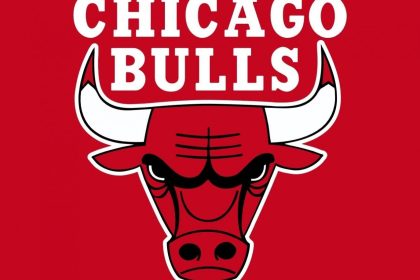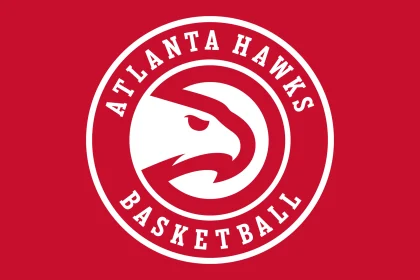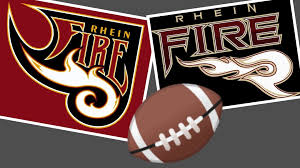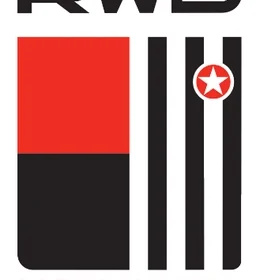Nurnberg FC, a historic football club based in Nuremberg, Germany, has experienced a rollercoaster of triumphs and setbacks. Known for its passionate fanbase and rich legacy, the club has worked hard to regain its former glory while adapting to modern challenges. As Nurnberg FC looks toward the future, their journey remains an exciting chapter in football history. Explore more about their story and future prospects at PG88.
Introduction to Nurnberg FC
The inception of Nurnberg FC dates back to 1900, during an era when football began gaining momentum across Europe. Since then, the club has evolved significantly, intertwining its identity with the cultural fabric of Nuremberg itself. Through the years, it has become more than just a football team; it is a symbol of pride for its fans and the city.
As we embark on this detailed exploration of Nurnberg FC, we will uncover the different phases of its history, significant achievements, and the major tournaments that have shaped its legacy. Our aim is to understand not only the journey of revival that the club has undertaken but also to identify the new challenges it faces in an ever-evolving football landscape.
History and Development of the Club
Nurnberg FC’s long and illustrious past is characterized by milestones, transformations, and an unwavering commitment to the sport. The club was founded in 1900 and quickly became one of Germany’s premier football teams, known as “Der Club.”
The early 20th century saw Nurnberg FC establishing itself as a formidable opponent, with its first major success coming in the form of national championships. Their dominance in the 1920s solidified their reputation, as they claimed multiple titles, including three championships in a row between 1920 and 1922.
The club continued to flourish through the decades, adapting to various challenges, including world wars and changes in league structures. In the post-war period, Nurnberg FC faced tough adversities, yet they embraced those hurdles, showcasing resilience and determination to regain their stature in German football.
Key Achievements in the Club’s History
Throughout its storied existence, Nurnberg FC has amassed numerous accolades that highlight its competitive spirit and prowess on the pitch. The club holds the distinction of winning the German championship multiple times, with their last title achieved in the late 1960s.
In addition to domestic glory, Nurnberg FC has also made notable appearances in European competitions. Their participation in the UEFA Cup Winners’ Cup and their commendable run in the UEFA Europa League have left an indelible mark in European football lore. These performances not only showcased the club’s talent but also brought recognition to a region often overshadowed by larger footballing cities.
Moreover, the club’s youth academy has been instrumental in nurturing young talents, many of whom have gone on to make significant contributions to both club and international football. The developmental philosophy of the club has always emphasized creating homegrown players who embody the values of Nurnberg FC.
The Ups and Downs of Nurnberg FC in Major Tournaments
With great triumph comes inevitable setbacks, a reality that defines the journey of many clubs, including Nurnberg FC. While the club has celebrated numerous highs, it has also endured periods of struggle, particularly in major tournaments.
Their relegation from the Bundesliga in the early 2000s marked a challenging chapter in Nurnberg’s history. The transition back to Germany’s top tier proved arduous, leading to a rollercoaster ride of promotions and demotions. Each of these experiences served as a painful reminder of the fierce competition inherent in football, forcing the club to reevaluate strategies and management practices.
Furthermore, Nurnberg FC performance in cup competitions often fluctuated. Moments of brilliance were frequently accompanied by disappointing exits at crucial stages of the tournaments. Such inconsistency challenged the club’s ability to maintain momentum and instilled a sense of urgency among the management and players alike to strive for improvement.
Through each upswing and downturn, the spirit of the club remained intact, illustrating its resilience and commitment to never surrendering hope even when circumstances seemed dire.





